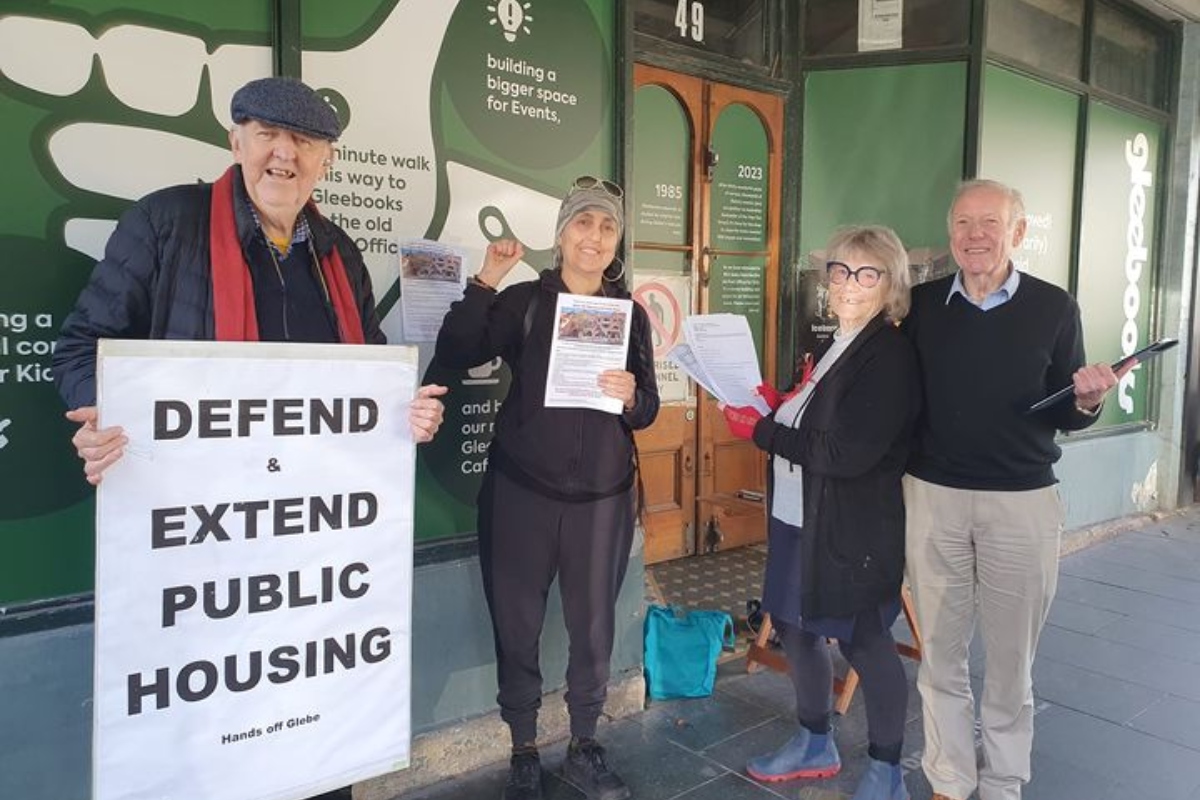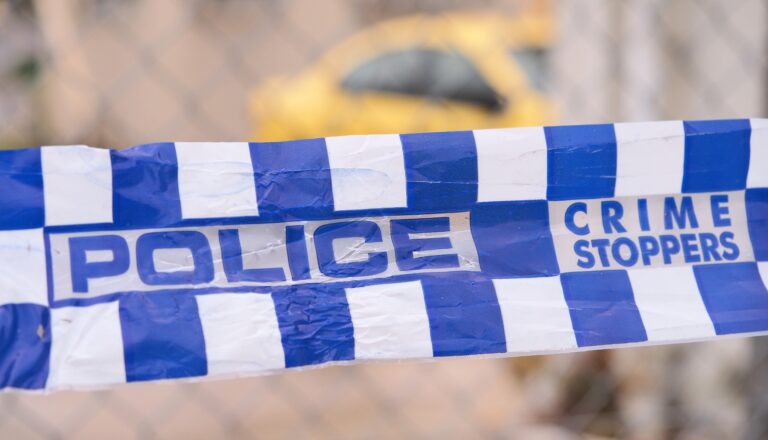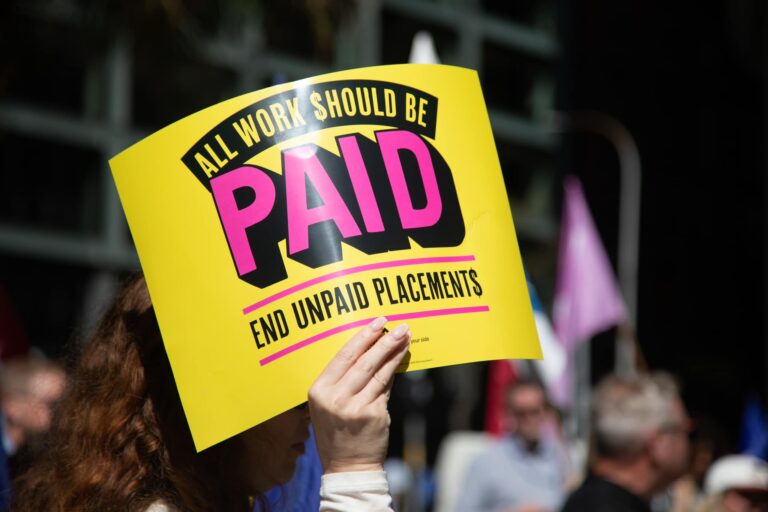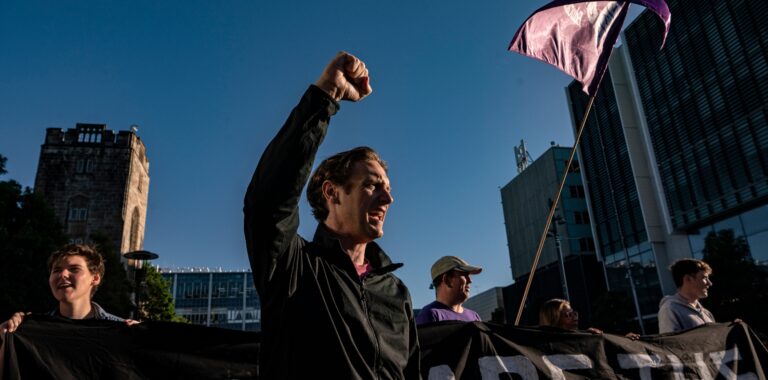
The number of vacant public houses in the Inner West is increasing

By JUSTIN COOPER
An upcoming motion to be presented to Inner West Council highlights the significant decline in occupied state-owned dwelling and requests answers from the NSW Government.
The data compares occupancy comparison rates from the past 10 years and reveals that public houses across the Inner West are being left vacant.
Created by Councillor John Stamolis, the motion requests council to seek further information from the NSW Housing Minister. The intention is to gain clarification on public housing occupancy within the area.
Speaking with City Hub, Cr Stamolis noted the motion’s significance to the Inner West community and the current housing crisis.
“The Inner West has some of the highest levels of state housing in Sydney”, Cr Stamolis explained, and he wants to see these homes used.
Cr Stamolis explained that, rather than continuing to build and develop new housing alone, properly utilising existing housing could be a significant step towards addressing the current crisis.
“Some people are saying that the housing issue should be resolved in a unilateral way, just ‘build, build, build’… We have a supply issue, but part of it could be from underutilisation of our existing stock,” continued Cr Stamolis.
Cr Stamolis’ motion also requests a plan for expanding public housing across the area.
Community groups concerned
Amongst the ongoing housing and affordability crisis, many action groups have voiced their concerns on the increased number of unoccupied public houses within the Inner West.
Community organisation Friends of Erskineville has advocated for the expansion of public housing within Erskinville and across the Inner West.
A Friends of Erskineville spokesperson said, “public housing should not be left vacant.”
Noting that the group do not support demolishing or privatising established public houses, the spokesperson said there is an “insufficient” number of houses within the area and requested further house expansions.
“That means building more on vacant land or buying property for the purpose of building new public housing,” explains the spokesperson.
Similarly, community association Hands Off Glebe describes the decline in public housing within the Inner West as a “tragedy.”
Speaking with City Hub, a spokesperson for Hands Off Glebe explained that the approaches of the past and current state governments have been insufficient.
“Both the LNP and Labor NSW Governments have been pursuing a neoliberal approach to housing which believes that when it comes to housing or shelter all citizens of NSW are on their own and have to provide their own accommodation,” the spokesperson explained.
“We see results of this approach: homelessness, housing stress, mortgage stress and vast inequalities.”
The group calls public housing the “solution to these problems,” defending state-owned houses and further requesting extensions for existing properties.
Data identifies decline
Within the motion, data recognised multiple suburbs across the four Inner West wards have seen an increase in the number of unoccupied public houses.
Most notably, the Balmain ward holds an estimated 40% of Inner West public houses and has seen 94 homes left unoccupied from 2011 to 2021.
Lilyfeild recorded the highest percentage of vacant houses, with 9.1%. This is followed by Balmain and Balmain East recording over 5% or 3.4% of public houses currently unoccupied.
Marrickville has also recorded significant decreases in respective suburbs, with the Marrickville suburb itself recording 78 homes as unoccupied within 10 years.
Petersham and Leichhardt suburbs were also higher up on the list, recording just over 2% of state houses being vacant.
Whilst this list of data only included 19 of the 21 Inner West Suburbs, the motion further awaits information from NSW housing to clarify information.
The motion will be discussed and voted upon at the next Inner West Council meeting on Tuesday August 8.









